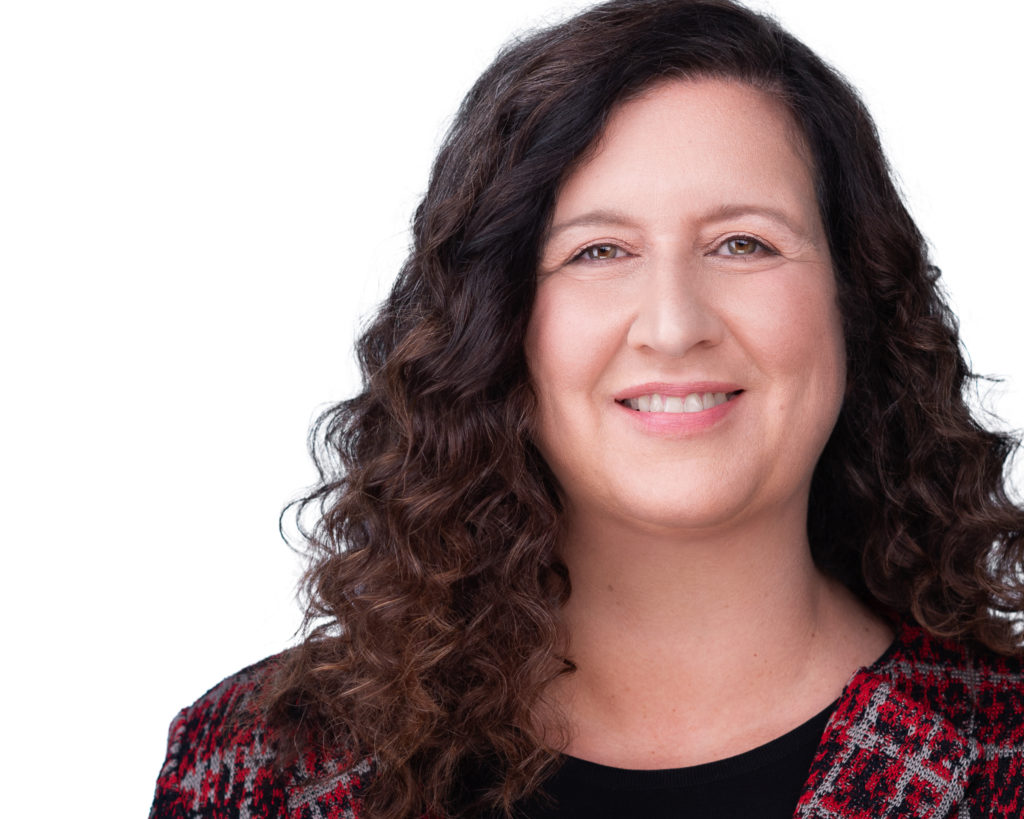Published By
Andrea Rutherford
Associate, Estate Planning
It’s a tempting thought – why wait until I am gone? Why not just deed the family home to my kids now? In almost every case, this is a mistake.
A little bit of Taxation 101. Let’s imagine a couple bought a house for $200,000 in 1990. Now, it’s 2023 and the children are grown, maybe with their own children. The parents deed the house to a child or children. Ten years later, in 2033, the parents pass away and the children decide to sell the house – for $350,000.
Under this scenario, the children’s capital gain will be calculated all the way back to when the parents bought the house in 1990.
The gain is $150,000. If the house isn’t the children’s primary residence, this entire amount is taxable capital gain. The parents intended to give their children a house – instead, they gave them a house and a large tax bill.
So does this mean that you can’t give your children your house?
Not at all.
A properly drafted trust ensures that your children will get your house. But by keeping some rights (such as a right to receive income if the property is rented) in the hands of the parents, the trust turns the gift into a gift upon death – a totally different ballgame under the tax laws.
Let’s look at our example under this scenario. The parents buy the house for $200,000 in 1990. In 2023, instead of deeding the house to their children, they sit down with an attorney and create a Trust naming their children as beneficiaries. Ten years later, the parents pass away – at that time, the house is worth $350,000. The children sell the house a year later for $360,000. The taxable gain is only $10,000. So the parents have used the Trust to give the house to the kids, but they haven’t passed on the tax obligation.
Don’t be put off by the term “Trust.” Creating a Trust is probably easier than you think. Speak with one of our estate planning attorneys today to start creating your estate plan. The first meeting is always free.


